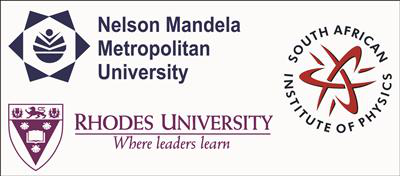Speaker
Would you like to <br> submit a short paper <br> for the Conference <br> Proceedings (Yes / No)?
No
Main supervisor (name and email)<br>and his / her institution
Bruce Mellado Garcia
Bruce.Mellado.Garcia@cern.ch
Wits and CERN
Apply to be<br> considered for a student <br> award (Yes / No)?
Yes
Abstract content <br> (Max 300 words)<br><a href="http://events.saip.org.za/getFile.py/access?resId=0&materialId=0&confId=34" target="_blank">Formatting &<br>Special chars</a>
With the discovery of a Higgs boson in 2012 the focus has shifted towards the study of its properties and the search of new physics via the measurement of its couplings. This results in the manyfold increase of data volumes compared to those used for the discovery. This introduces significant overheads to data analyzers, reducing their efficiency in producing physics results. The problem of processing batch data collected during higgs to gamma gamma decay events is particularly suited to map reduce. The general algorithm followed during examination of such events is examined; the suitability of the map-reduce paradigm with regard to this specific problem is detailed; Hadoop, an open-source tool designed specifically for executing map-reduce programs on computer clusters, is described in brief; and an argument is made that Hadoop and its ecosystem are in general well-suited to a large class of computational problems within the domain of experimental high energy particle physics.
Please indicate whether<br>this abstract may be<br>published online<br>(Yes / No)
Yes
Level for award<br> (Hons, MSc, <br> PhD, N/A)?
MSc

